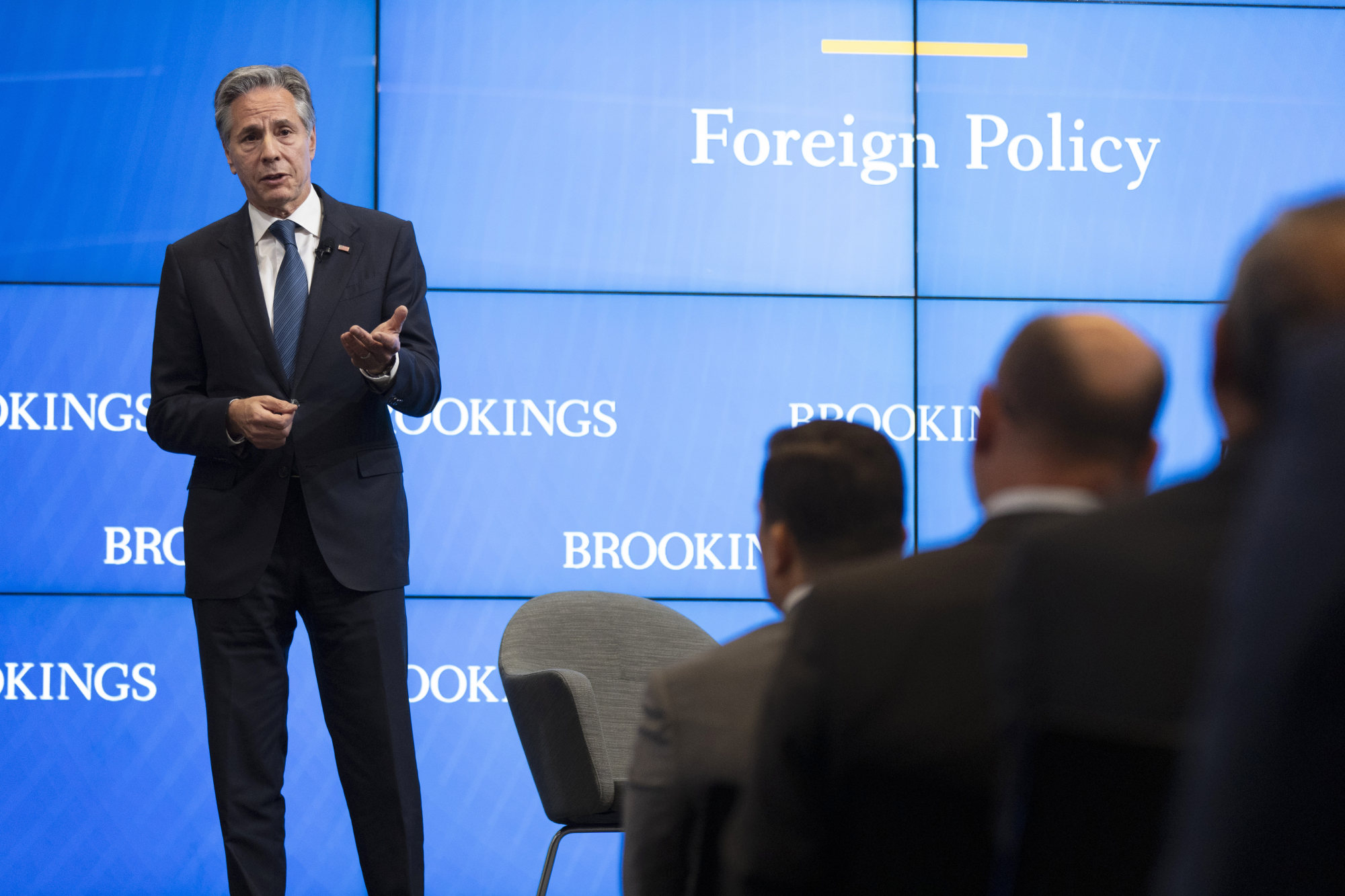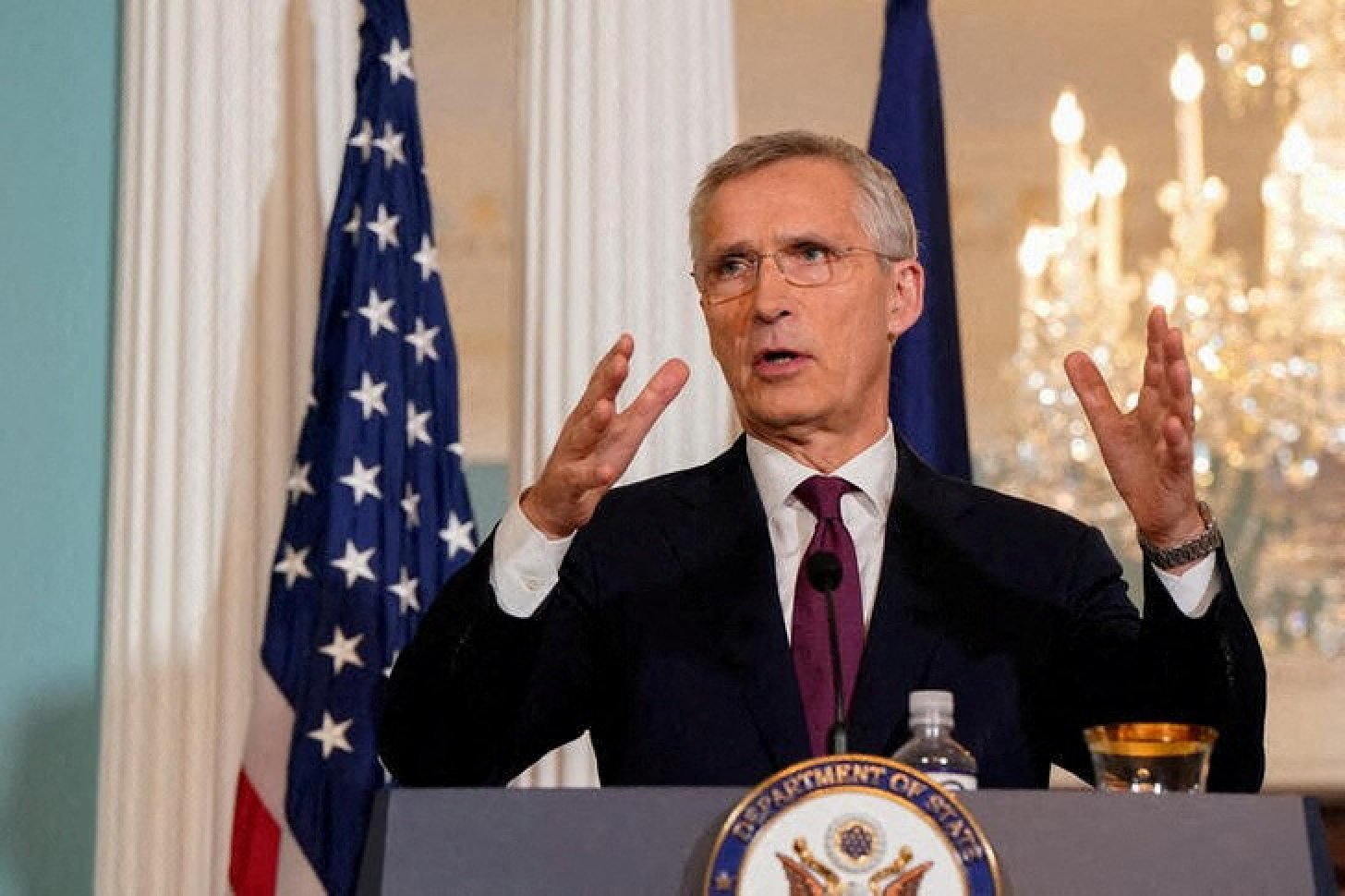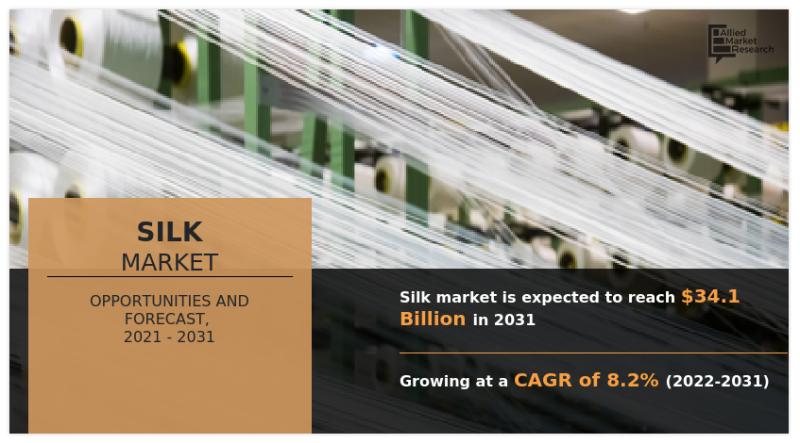Antony Blinken warns of threat to Europe as China helps Russia ‘sustain war in Ukraine’

“Partners in Europe view challenges across the world in Asia as relevant to them, just as partners in Asia view challenges across the world in Europe as relevant to them,” Blinken said.
He referred to a joint statement last year by NATO and Japanese Prime Minister Fumio Kishida, which said of Russia’s war against Ukraine: “What is happening in Europe could happen in Asia tomorrow.”
Australia, New Zealand, Japan and South Korea are NATO partners in the Indo-Pacific region and will attend the summit, which begins on July 9. They will meet with the heads of state and government of 32 member countries at the three-day summit, the first since Sweden joined the security alliance.

“The growing rapprochement between Russia and its authoritarian friends in Asia makes it even more important that we work closely with our friends in the Indo-Pacific,” Stoltenberg said.
Blinken said NATO was working to “ensure that we have the right defenses across the Alliance where they are needed and where they matter.”
“This has been a clear development for three and a half years. I see no change, regardless of current politics,” he said.
Blinken also reiterated Stoltenberg’s call for closer partnerships. He said the US would continue to face challenges from China “after reinvesting in our alliances and partnerships,” adding that Beijing’s relationship with Russia has “profound implications for Europe.”
“China is actually investing in Russia’s defense industry in a way that allows the country to continue its aggression. While it does not supply weapons directly to Russia, it does supply all the necessary materials to sustain the war,” he said, pointing out that much of the machine tools and microelectronics products imported by Russia come from China.
“We have currently seen mass production of tanks, ammunition and missiles – this too is made possible by the arms industry, despite the significant impact of sanctions and export controls,” he said.
Beijing has repeatedly contradicted Washington’s warnings about its relations with Moscow, denying it supplies weapons to countries at war and saying it strictly controls the export of dual-use goods.
On Friday, Chinese Foreign Ministry spokeswoman Mao Ning said: “The US side should stop slandering and scapegoating China without reason and stop hindering normal trade and economic exchanges between China and Russia.”

A recent report by three think tanks from the UK, Germany and the US on Chinese-Russian cooperation expressed similar views.
“Beijing’s support for Russia makes China a security threat that must be contained, not just a ‘partner, competitor and systemic rival’ as the European Union views it, said the report, co-authored by Chatham House, MERICS and the German Marshall Fund of the United States and released on Wednesday.
“To end the war in Ukraine, China must be convinced that it is in its own long-term interest to stop helping Russia rebuild its military-industrial base.”
It continues: “Europe must give Beijing a tougher choice: either it continues to help Russia and faces consequences, or it begins to limit its support for the Russian war effort and continues to maintain close trade relations with its main economic partners.”
To stop China’s export of dual-use goods that are critical to Russia’s war effort, the report says the EU could take restrictive measures against companies that circumvent sanctions. Possible steps include imposing export restrictions on these companies and working with G7 partners to impose secondary sanctions.


